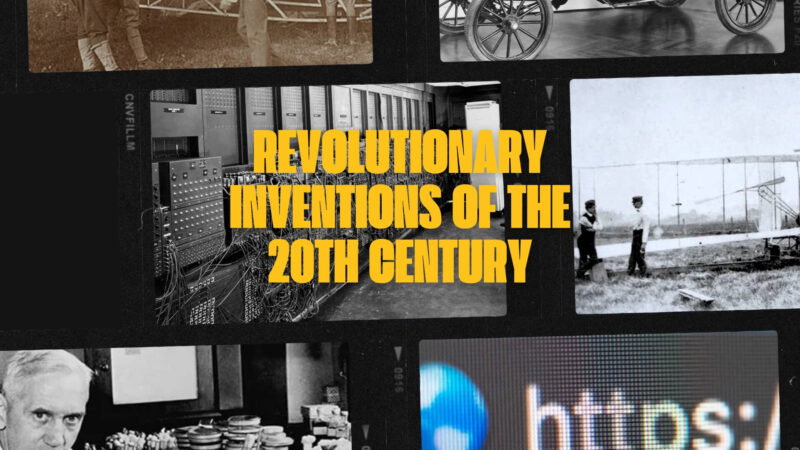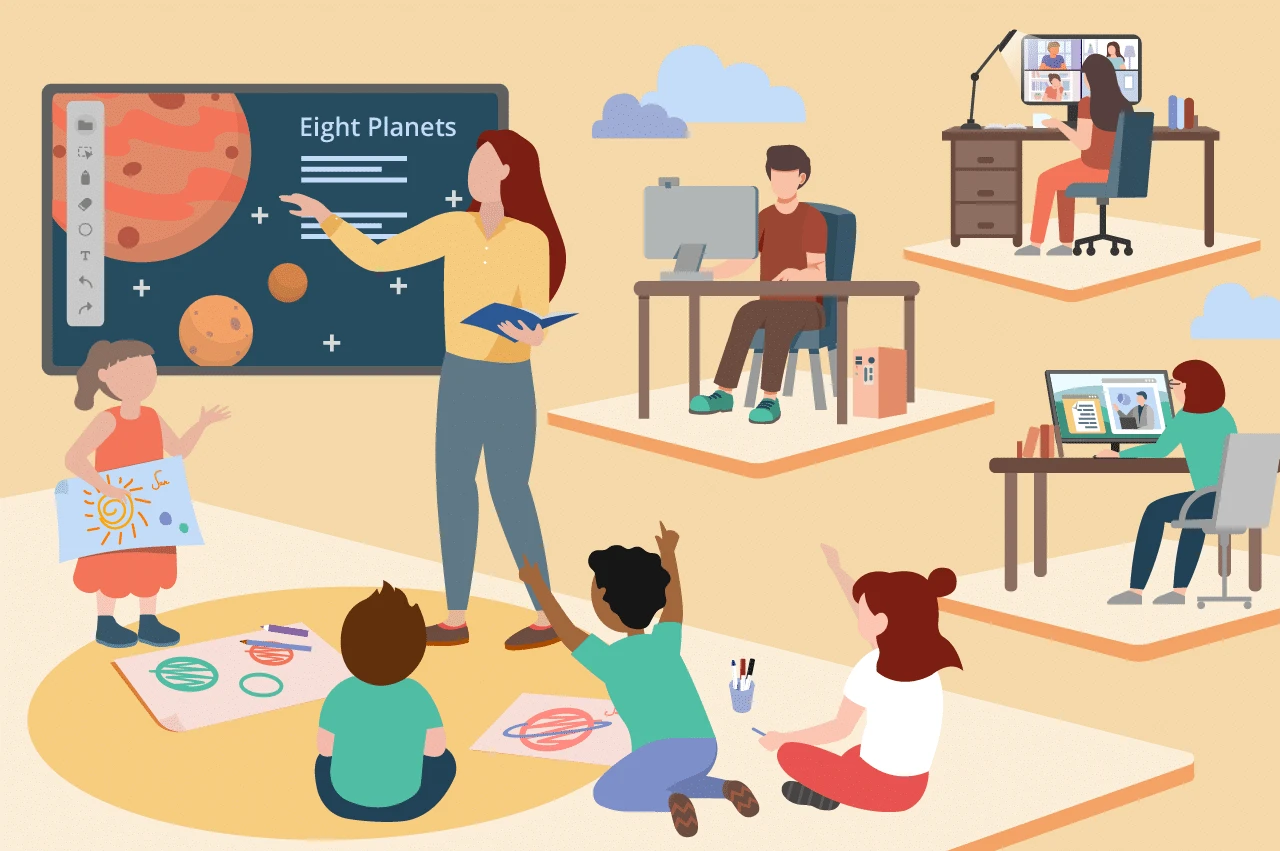Indeed, reflecting upon societal and technological progressions can offer valuable insights into both our history and potential future pathways. The 20th century in particular ushered in revolutionary innovations that redefined the human experience in profound ways.
Communication technologies abolished the constraints of distance, allowing ideas and understandings to spread virtually instantaneously across political borders. Similarly, advancements in transportation infrastructure collapsed geographical barriers in support of global interconnectivity. Developments in health sciences lengthened and enriched lives while expanding access to care.
The turn of the 20th century inaugurated a new era defined by accelerating change. Now, let’s check out the five inventions that changed the world in the 20th century.
The Pioneering Inventions of the 20th Century
1. The Computer
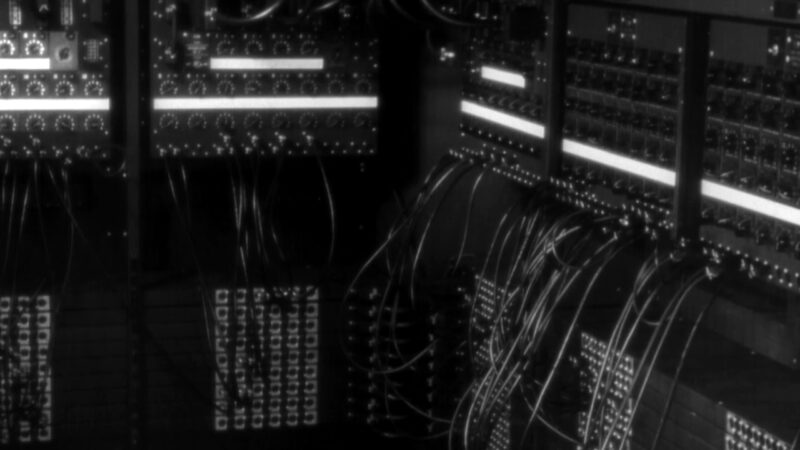
The progression of computing technology over the past century is remarkable to observe. While early electronic computers such as the ENIAC occupied entire floors with their bulky components and vacuum tubes, innovative engineers strived to develop more efficient and accessible designs.
Pioneers like Steve Jobs recognized the potential for personal use through scaled-down “microcomputer” architectures. His Apple I laid crucial groundwork for consumer adoption in the late 1970s. Rapid subsequent innovations incorporating microprocessors and plastic casings brought the power of calculation and storage into homes and businesses on an unprecedented scale.
As components continued to shrink while capabilities expanded exponentially, computers became integrated into nearly all professional industries and fields of study. Emerging operating systems allowed users to customize experiences for myriad tasks. Online interconnectivity further transformed how society accesses information and collaborates globally in real-time.
It is fascinating to reflect upon how far computing has come from its room-sized origins. The mobile devices now commonly used worldwide would have seemed as futuristic fiction just a few short decades past. While challenges will always accompany technological advancement, appreciation seems due to the innovators whose efforts have so positively impacted modern life.
2. The Internet
If computers are the brain, the internet is the nervous system of the digital world. It’s a platform that has democratized information, giving voice to the voiceless and power to the powerless. The Internet’s role in business, communication, and entertainment is crucial. It’s hard to imagine a world without the connectivity and easy-to-get information that the internet provides.
- Birth of the World Wide Web: Tim Berners-Lee’s invention of the World Wide Web in 1989 revolutionized information sharing and communication.
- Global Reach: The Internet connects over 4.9 billion users worldwide as of 2022, offering access to an immense wealth of information and services.
- Economic Impact: E-commerce has grown exponentially, and companies like Amazon and Alibaba have become giants of the digital age.
- Social Media: Platforms like Facebook, Twitter, and Instagram have transformed how people interact and share information.
3. The Automobile
The advent of the automobile ushered in a new era of mobility that would drastically reshape economies and communities worldwide. While mechanized carriages first emerged in the late 19th century, it was Henry Ford’s revolutionary assembly line techniques that truly brought motorized transportation to the masses.
By streamlining production processes, Ford afforded accessibility that stimulated the US economy and infrastructure development throughout the 20th century. Personal freedom of travel precipitated suburban expansion as families could readily access work and amenities independent of public transit schedules. Extensive road projects soon connected even remote regions.
Industrial innovation continued apace as manufacturers incorporated new materials for higher performance. Globalization further drove ubiquity, with autos emerging as pillars of employment and industry GDP in many nations. Their convenience undeniably enriched daily living standards.
However, such widespread reliance also presented environmental challenges from vehicular emissions. Thankfully, visionary engineers rose to this generational issue as well, pioneering hybrid and electric powertrains. Ongoing R&D toward sustainability offers hope that mobility’s benefits might endure for all communities, respecting both economic progress and the natural world we all share.
4. The Airplane
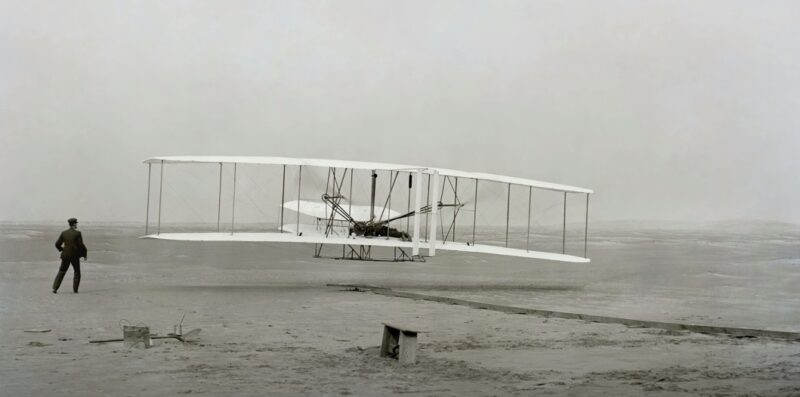
Not long ago, the dream of soaring high above the clouds was the stuff of fantasy alone. Yet through the relentless pursuit of understanding aerodynamics, a pair of Ohio bicycle mechanics transformed fable into fact. When Orville and Wilbur Wright first took wing in 1903, their historic 12-second flight begat an entirely new realm of mobility.
What began as mere experiments soon evolved into a mode of transit able to shrink our globe in ways previously unimaginable. Pioneering carriers opened skies to masses, whisking travelers between even far-flung locales in mere hours. Borders seemed to dissolve as planes ferried goods worldwide, stoking globalization’s spread.
Even the character of war altered, with aircraft gaining prominence swiftly on battlefields. Yet beyond military impact, aviation perhaps most profoundly enriched our shared humanity. Distance posed no barrier to strengthening ties between separated families, or sparking romantic encounters across oceans and continents.
Though technical difficulties arose over the century, each overcame but spurred aircraft to loftier heights. Today their constancy reminds us that with a cooperative spirit and relentless belief in scientific process, no horizon need remain beyond humanity’s reach.
5. Antibiotics
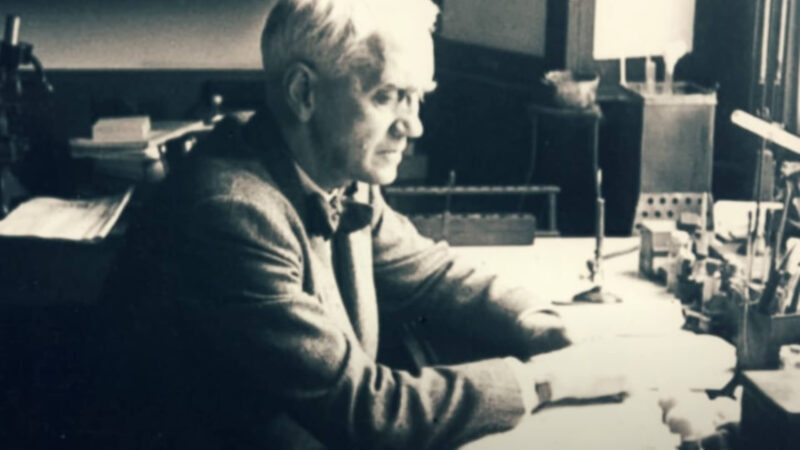
Perhaps no other invention has had a more direct impact on human health than antibiotics. The discovery of penicillin by Alexander Fleming was a turning point in medical history. Antibiotics have saved countless lives, turning once-deadly infections into treatable conditions and significantly increasing life expectancy.
- Discovery of Penicillin: Alexander Fleming discovered penicillin in 1928, ushering in the antibiotic era.
- Medical Breakthrough: Antibiotics revolutionized medicine, enabling the treatment of bacterial infections that were once deadly.
- Increased Life Expectancy: The widespread use of antibiotics has significantly increased life expectancy by reducing mortality from infectious diseases.
- Challenges of Antibiotic Resistance: Overuse and misuse of antibiotics have led to the emergence of antibiotic-resistant bacteria, a global health concern.
Final Words
We often take for granted how much our day-to-day lives rely on technologies that were revolutionized over those 100 years. Being able to easily communicate across long distances, travel virtually anywhere around the world, and access information at our fingertips are all thanks to advances pioneered back then.
As we keep innovating new stuff and pushing the boundaries of what’s possible, it’s good to pay respect to the groundwork laid for us. The pioneers of aviation, automobiles, computers, and more helped shape the modern world we benefit from today. Their hard work and determination is why progress keeps accelerating at such an unbelievable rate.


